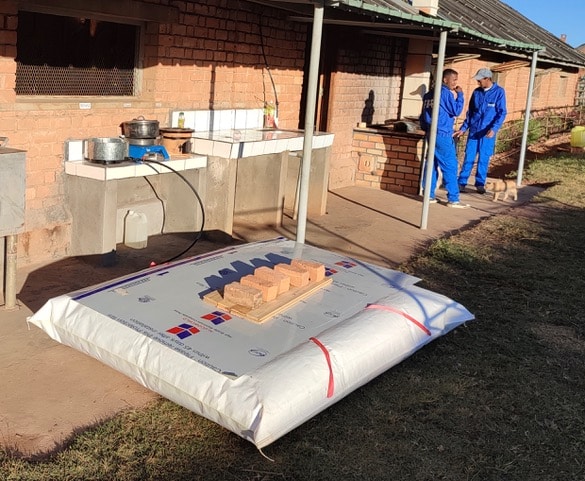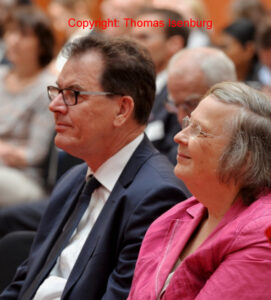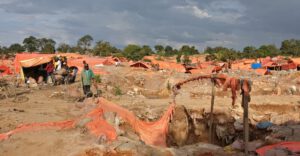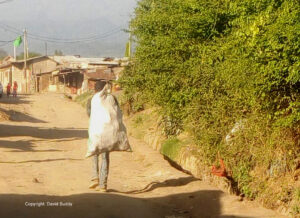
Africa has everything it needs for a biogas revolution: abundant organic waste, strong community networks, and a growing demand for clean cooking energy. Despite its promise, many biogas systems across the continent are failing, leaving families frustrated and disillusioned. Transforming clean cooking energy access in Africa requires a deeper understanding of the obstacles facing biogas. Let’s take a closer look at what’s going wrong and how it can be fixed.
The hurdles Africa face
Despite the abundance of organic waste and favourable weather conditions for biogas production, many systems simply do not work. In Ethiopia, for example, up to 90% of installed biogas systems are either broken or abandoned. This is not an isolated case. Countries like Kenya, Uganda, and Senegal share similar stories of failure. A report from Energy, Sustainability, and Society highlighted that Ethiopia’s National Biogas Program, launched in 2008 with high ambitions, has faced disappointing adoption rates. According to the report, “the installation and, hence the rate of adoption of the technology has gradually been decreasing,” which reflects a broader trend of abandonment and dysfunction in biogas systems across the country
One of the reasons is that some systems weren’t designed with the local way of life in mind. Take Ethiopia as an example. Baking injera, a staple in most Ethiopian homes, takes a lot of energy, and the current biogas systems can’t handle the task. Then there’s the lack of maintenance and support. When things go wrong, there’s no customer service and no guidance on how to keep the systems running.
How development aid projects falls short
Aid organisations have been key players in bringing biogas digesters to African countries such as Kenya, Uganda and Tanzania. Their efforts have improved energy access for many households that once relied on traditional fuels like firewood and charcoal.
While these contributions are significant, the approach taken by many aid organisations often falls short when it comes to long-term sustainability. The focus of most aid-driven projects is on installing as many systems as possible, rather than ensuring those systems will work effectively for the communities. Beneficiaries are often selected without fully understanding their needs or ability to maintain the systems. This lack of tailored support means that, after the installations, many systems fall into disrepair and are eventually abandoned.
Moreover, offering free or heavily subsidised systems disrupts local markets. Entrepreneurs who would otherwise sell and service biogas systems cannot compete with “free.” This undermines the development of a local economy, creating dependency on external aid rather than fostering self-sufficiency. When the funding runs out, so do the solutions. This leaves communities with wasted resources and unmet expectations, making them question the value of biogas altogether.
Building a sustainable biogas future
Despite these setbacks, biogas can still succeed in Africa if approached with a different mindset. First focus must be on repairing the systems that are already in place. Across the continent, thousands of non-functional biogas systems could be brought back to life with proper maintenance. Restoring these systems would help rebuild trust in biogas as a reliable, long-term solution.
Next step should about building local capacity. Training technicians is key to ensuring that biogas systems remain functional. By creating jobs related to biogas, such as repair specialists and manufacturers, local economies can be strengthened, making biogas a more sustainable option. Also, biogas systems need to adapt to local needs. Tailored solutions make biogas more practical and appealing for a wider range of people.
What’s currently on the ground
In the face of these challenges, initiatives like BiogasUnite are showing the way forward. This initiative focuses on repairing existing systems, training local technicians, and promoting sustainable business models around biogas. The fact is, people don’t continue to rely on traditional cooking fuels simply because they don’t have access to biogas; poverty is often the primary reason. By introducing a business model that allows people to earn an income, the adoption of biogas will grow, as households see it as a practical and profitable alternative.
Moving forward
Biogas offers much more than an energy solution. It holds the potential to improve livelihoods, protect the environment and build sustainable local economies. The root causes of its failure and implementation must be addressed so the continent can be able to tap into its full potential.
The focus needs to shift from aid-driven projects to community-led solutions. Governments, businesses, the energy sector and individuals all have a role to play. With the right support, biogas can live up to its promise, turning waste into opportunity and bringing clean cooking energy to households across Africa.
Autor: Kimberly Asah Netskivhal, Pretoria Südafrika



